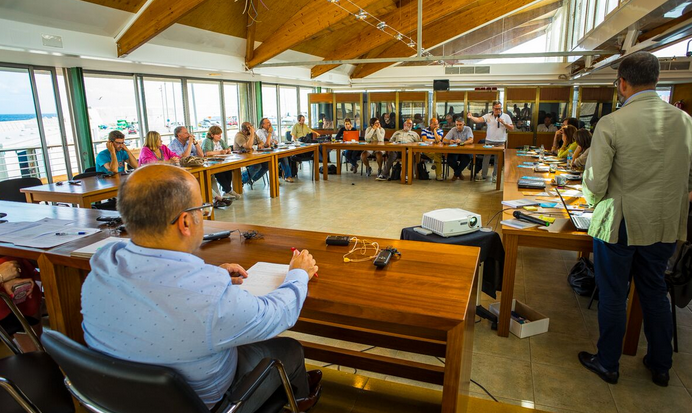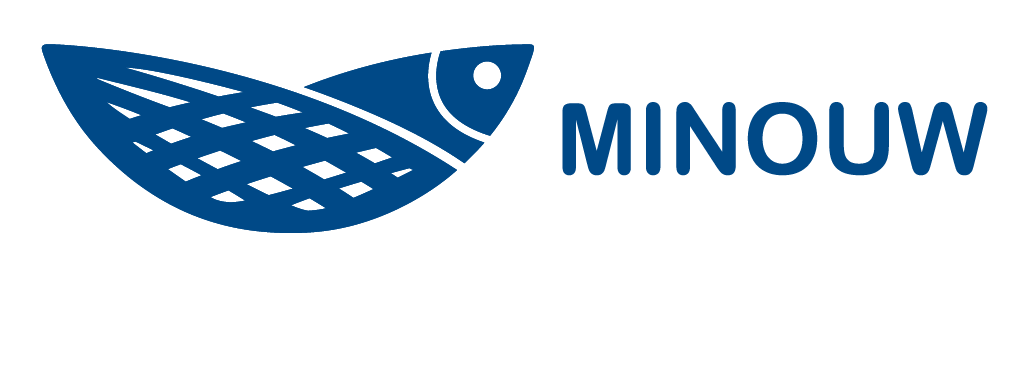Equal partners, working together
The project will involve fishers from its inception because incentivising ecologically sound fishing practices among fish producers is key to the reduction of unwanted catches.
A multi-actor, participatory approach will be established in common to all case studies. Multi-stakeholder roundtables will be organised ( from the beginning of the project and convened at regular time intervals ) where results of technological advances and field tests are discussed.
This multi-actor approach will be complemented by:
- Community-based data collection programmes,
- The exchange of lessons learned by different end users
- Demonstration events
The common participatory approach methodology will accommodate for implementation differences related to different levels of selectivity in different European fisheries, local specificities, as well as differences in fisheries management regimes.

Local knowledge leading to practical solutions
Involving end users through participatory processes will make it possible to obtain their knowledge in the design of realistic technological solutions, and the acceptability of local implementation of policies related to discards.
A participatory process will be applied to pilot case-studies, where project participants have a long history of cooperation with fishers: technological solutions or changes to fishing practices will be discussed with fishers, and the solutions will be experimentally tested in collaboration with industry and local policy makers, in order to minimize expenses of field testing. Working in close collaboration with industry will also help devise solutions to implementation problems and assess the market potential of technological solutions.
Thorough evaluation and analysis
Each case study will be analyzed jointly by local science and technology experts ( and advisors to the project from the relevant EU’s Advisory Councils ) in dialogue with end users ( fish producers, local fish managers, fisheries inspectors ), so as to identify the best set of management tools, technical/technological solutions and economic incentives to solve the problem, under the general umbrella of CFP and MSFD objectives.
Involving all stakeholders
The project will stimulate/promote bottom-up processes to produce innovative solutions from fishers and for fishers to improve selectivity. Therefore, in our approach to the discards problem, local fisheries management authorities and fishers’ associations are involved from the beginning in the project.
The format for this work will be inspired by the co-management approach, including multi-actor discussion groups assessing Traditional/Local Ecological Knowledge ( TEK/LEK ). Emphasis will be made on a subregional approach ( delivering on CFP’s regionalisation basis ).

